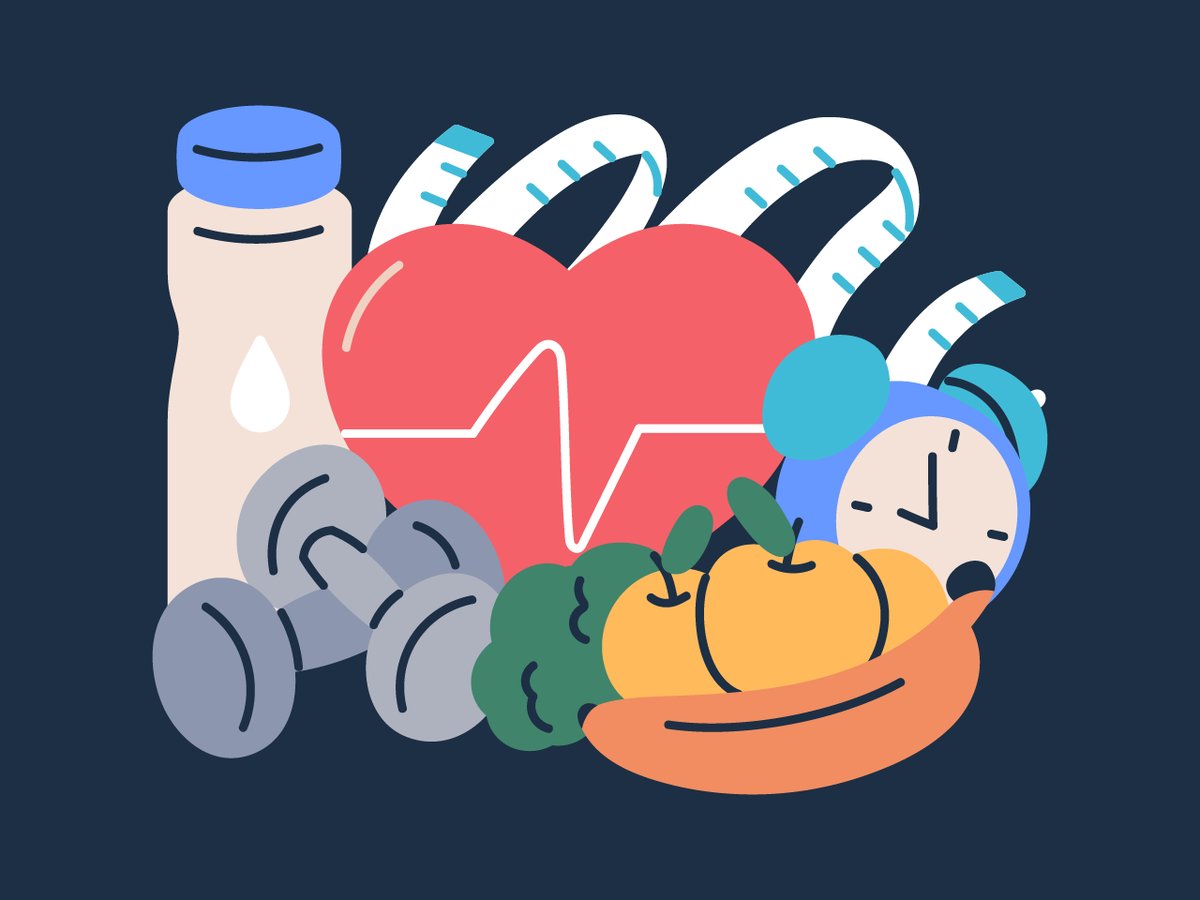If you’re like most people you probably don’t think about your cardiovascular health very often, but understanding the risk factors associated with heart disease can help you take steps to protect your heart health and lower your risk of developing problems in the future.
Here are 11 facts about cardiovascular health you should know:
-
The benefits of exercise
It can help protect your heart, improving its efficiency and reducing the risk of heart disease. Even as little as 15mins exercise per day can have a significant benefit to your heart health. Aim for a minimum of 150 minutes per week of moderate intensity activity, so that you are slightly breathless.
-
The heart is a powerful muscle that requires care and maintenance
To keep your cardiovascular system running smoothly, you should consume plenty of fruits, including oranges or grapefruits, and vegetables, including leafy greens like spinach. Eating plenty of whole grains, like brown rice and quinoa as well has health fats from olive oil and avocado is beneficial.
-
Uncontrolled high blood pressure is a major risk factor for heart disease
High blood pressure increases the chance of having a heart attack or developing a stroke. Both of which can lead to permanent disability and even death. Keeping your blood pressure within a healthy range will protect your cardiovascular health long term - so don’t let this go unchecked.
-
Benefits of quitting smoking
Quitting smoking will improve your quality of life and reduce your risk of cardiovascular disease or emphysema. One year after stopping smoking your risk of heart disease is half that of a smoker. Get help to quit smoking here.
-
Cholesterol found in our bodies
Cholesterol helps make cell walls, hormones and vitamin D among other things, but when levels become to high it can lead to heart disease or strokes. Family history is the most significant factor, so if you’re aware of a family history of high cholesterol you should arrange a blood test.
-
Diabetes - a complex condition that can affect your heart
Diabetes is one of the leading causes of heart disease and can lead to many other serious health problems. If you have diabetes, ensure your blood sugar levels are controlled and follow the doctor’s advice closely for the best results.
-
The negative impact of stress on your heart
Studies have shown that stress can affect your heart negatively, so it’s important to find healthy methods to manage the symptoms. The body has many ways of dealing with stress, but the most effective is through relaxation. Yoga and meditation are two great ways to help relax your mind.
-
How much is too much salt?
Too many people have high blood pressure or heart disease because they eat a lot of processed foods, often seasoned with salt for flavouring. But this excessive intake does more harm than good in the long run, so try limiting your daily consumption to less than 2,300 mg per day.
-
Drinking too much alcohol is bad for your heart
Alcohol can raise blood pressure and increase the risk of stroke, so it’s important to only drink moderation. The HSE recommends less than 11 standard drinks for women and 17 for men, with 2 to 3 alcohol-free days per week.
-
The important role of genetics to your heart health
If there’s a family history of heart disease particularly at a young age in your family, let your GP know so that any relevant screening or risk factors can be carried out.
-
The best way to optimise your heart health
Keep on top of any modifiable risk factors - avoid smoking, take regular exercise, maintain a normal weight, drink in moderation and become familiar with your family history. And don’t forget to keep an eye on your blood cholesterol and sugar levels.
By understanding these facts about heart health, you’ll be better equipped to make smart decisions. If you have any concerns or questions about heart health, book an appointment to speak with one of our GPs.
